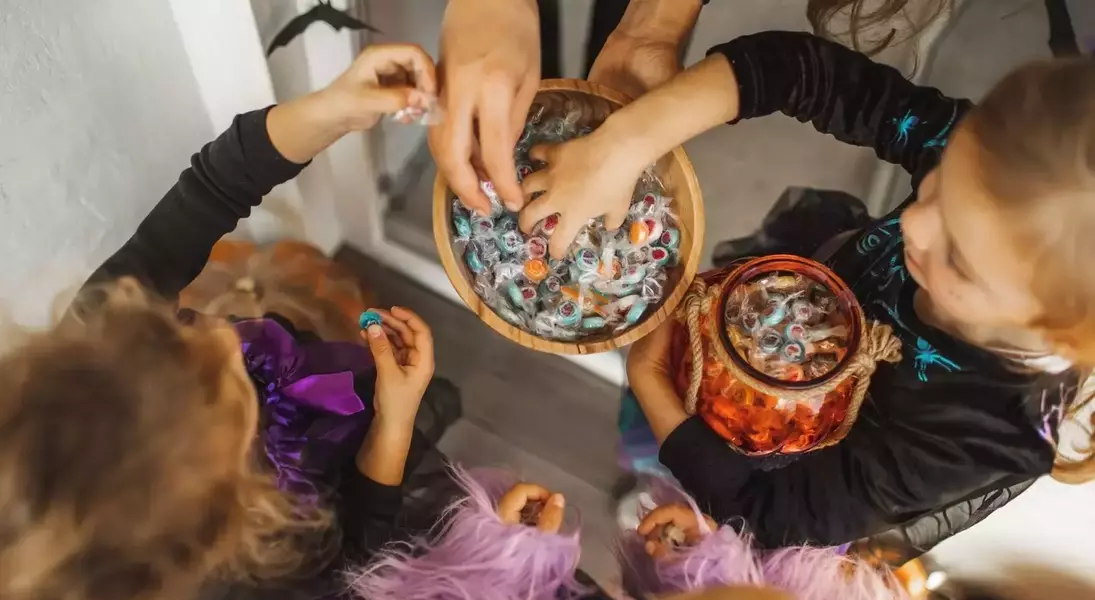Halloween is a time of spooky fun, costumes, and, of course, the coveted candy haul. But what happens when the temptation to take it all becomes too much? In this article, we'll explore the complex ethical dilemma surrounding the theft of Halloween treats, delving into personal experiences, societal perspectives, and the evolving landscape of trick-or-treating in the digital age.
Unmasking the Guilt of Candy Theft
Confessions of a Former Trick-or-Treat Thief
We've all been there, standing in front of a tempting pile of Halloween sweets, unsure whether to take one or two, or to indulge in a greedy grab-and-go. For one writer, the guilt of such an act has lingered for over a decade. Reflecting on their childhood exploits, they recount the fateful night when, as a mischievous pre-teen, they raided an unattended candy stash with a friend, fleeing the scene with their sugary spoils. The writer suggests that this shameful incident may have even contributed to their early retirement from trick-or-treating, a decision driven by a guilty subconscious.The Evolving Landscape of Trick-or-Treating
In the digital age, the once-private act of candy theft has become more visible, with security cameras and social media capturing the misdeeds of modern-day trick-or-treaters. A recent incident in Australia, where a frustrated mother shared a video of older children emptying her outdoor candy bowl, has sparked a wider conversation about the changing nature of Halloween traditions and the expectations of both givers and takers.The Ethical Dilemma: Whose Candy Is It, Anyway?
As the lines between childhood innocence and adolescent entitlement blur, the question arises: should it really matter if children take all the sweets from an unattended bowl? After all, Halloween is a holiday for the young, and the joy of trick-or-treating is a rite of passage. However, the perspective of the candy providers, who may have carefully curated their offerings or budgeted for a specific number of visitors, adds a layer of complexity to the ethical debate.The Conscience Conundrum: Decent Kids and Guilty Consciences
Not all Halloween candy thefts are met with remorse, as evidenced by the Australian mother's experience. However, the story of one commenter, who witnessed older children raiding a candy cauldron, offers a glimmer of hope. When confronted, one of the perpetrators returned the stolen sweets, apologizing on behalf of his friends. This act of conscience and decency suggests that not all hope is lost, and that there are still young people who understand the importance of respecting the spirit of Halloween.Navigating the Ethical Minefield: Lessons Learned and Perspectives Gained
As we reflect on the complex web of emotions and ethical considerations surrounding Halloween candy theft, it becomes clear that there are no easy answers. The writer's personal experience, the evolving social landscape, and the diverse perspectives of both candy providers and trick-or-treaters all contribute to a nuanced understanding of this sticky situation. By acknowledging the guilt, empathizing with different viewpoints, and recognizing the occasional glimmer of conscience, we can strive to find a balance that preserves the joy and magic of Halloween for all.
